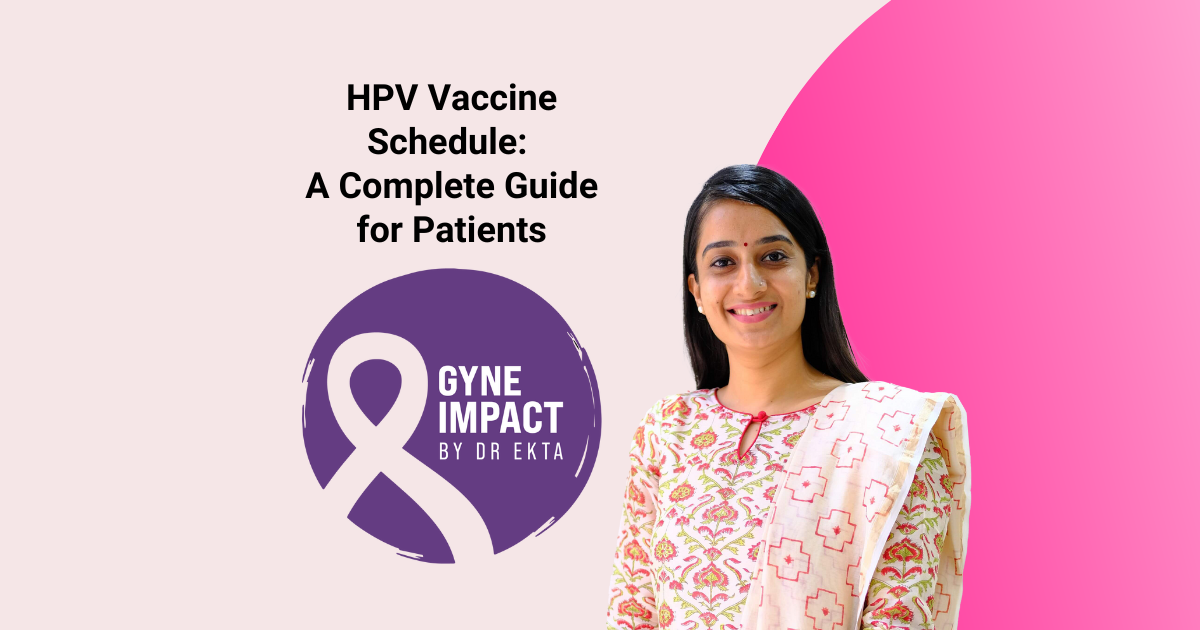The human papillomavirus (HPV) vaccine is a crucial tool in preventing HPV-related cancers and diseases. Understanding the HPV vaccine schedule is essential to ensure effective protection against this widespread virus. This guide will provide a detailed overview of the recommended vaccine schedule, eligibility, benefits, and common concerns to help you make informed health decisions.
What is the HPV Vaccine?
The HPV vaccine protects against certain strains of human papillomavirus, which can cause cervical, throat, anal, and other types of cancers. The vaccine is highly effective in preventing HPV infections that lead to these conditions.
- Approved HPV vaccines include Gardasil 9, which covers nine high-risk HPV types.
- It is recommended for both males and females to prevent HPV-related diseases.
- The vaccine is most effective when given before exposure to the virus, ideally during adolescence.
Recommended HPV Vaccine Schedule
The HPV vaccine schedule varies based on age and individual health conditions. Below is a breakdown of the recommended doses:
1. HPV Vaccine Schedule for Children (Ages 9-14)
- 2-dose series:
- First dose: Given at any time between 9-14 years of age.
- Second dose: Given 6-12 months after the first dose.
- The 2-dose schedule is recommended for individuals who receive their first dose before their 15th birthday.
2. HPV Vaccine Schedule for Teens and Adults (Ages 15-26)
- 3-dose series:
- First dose: Given at any time.
- Second dose: Given 1-2 months after the first dose.
- Third dose: Given 6 months after the first dose.
- The 3-dose schedule is necessary for those who start the vaccine at age 15 or older.
3. HPV Vaccine Schedule for Adults (Ages 27-45)
- The vaccine is not routinely recommended for individuals aged 27-45.
- However, some adults in this age range may benefit, particularly if they have not been previously vaccinated or exposed to HPV.
- A healthcare provider can help determine if vaccination is appropriate.
Who Should Get the HPV Vaccine?
The HPV vaccine is recommended for:
- All children (boys and girls) starting at age 9.
- Teens and young adults up to age 26 who have not been vaccinated.
- Certain adults (ages 27-45) based on individual risk factors and doctor recommendations.
- Immunocompromised individuals, including those with HIV, who may require a 3-dose series regardless of age.
Who Should NOT Get the HPV Vaccine?
- Individuals with severe allergies to any ingredient in the vaccine.
- Those who had a serious allergic reaction to a previous HPV vaccine dose.
- Pregnant women (although vaccination is considered safe, it is typically postponed until after pregnancy).
- Individuals who are currently ill with a moderate or severe illness should wait until they recover.
Benefits of the HPV Vaccine
Getting vaccinated against HPV provides numerous benefits, including:
- Protection against cervical, throat, anal, and other HPV-related cancers.
- Reduction in genital warts, which are caused by certain HPV strains.
- Lower transmission rates, helping to protect future generations.
- Long-lasting immunity, with studies showing protection for many years after vaccination.
Common Myths About the HPV Vaccine
Despite the overwhelming scientific support for the HPV vaccine, several myths persist. Let’s address some common concerns:
- “HPV vaccination encourages early sexual activity.”
- Research shows no link between HPV vaccination and changes in sexual behavior.
- “Only women need the HPV vaccine.”
- Men can also develop HPV-related cancers, and vaccinating both genders helps reduce transmission.
- “I don’t need the vaccine if I’m not sexually active.”
- The vaccine is most effective before exposure to the virus, making early vaccination ideal.
Possible Side Effects of the HPV Vaccine
The HPV vaccine is safe, with most side effects being mild and temporary. Common side effects include:
- Pain, redness, or swelling at the injection site.
- Mild fever or headache.
- Dizziness or fainting, which is why patients are observed for 15 minutes post-vaccination.
- Nausea or fatigue in rare cases.
Serious allergic reactions are extremely rare. If you experience difficulty breathing, swelling of the face or throat, or a severe rash, seek medical attention immediately.
Why It’s Important to Follow the HPV Vaccine Schedule
Adhering to the recommended HPV vaccine schedule ensures:
- Maximum effectiveness in preventing HPV-related diseases.
- Stronger and longer-lasting immunity against HPV strains.
- Reduced risk of developing HPV-related cancers later in life.
Conclusion
The HPV vaccine is a powerful tool in cancer prevention. Following the appropriate HPV vaccine schedule can protect individuals from HPV-related diseases and significantly reduce the risk of various cancers. If you or your child have not yet received the HPV vaccine, consult your healthcare provider today to discuss the best vaccination plan.

